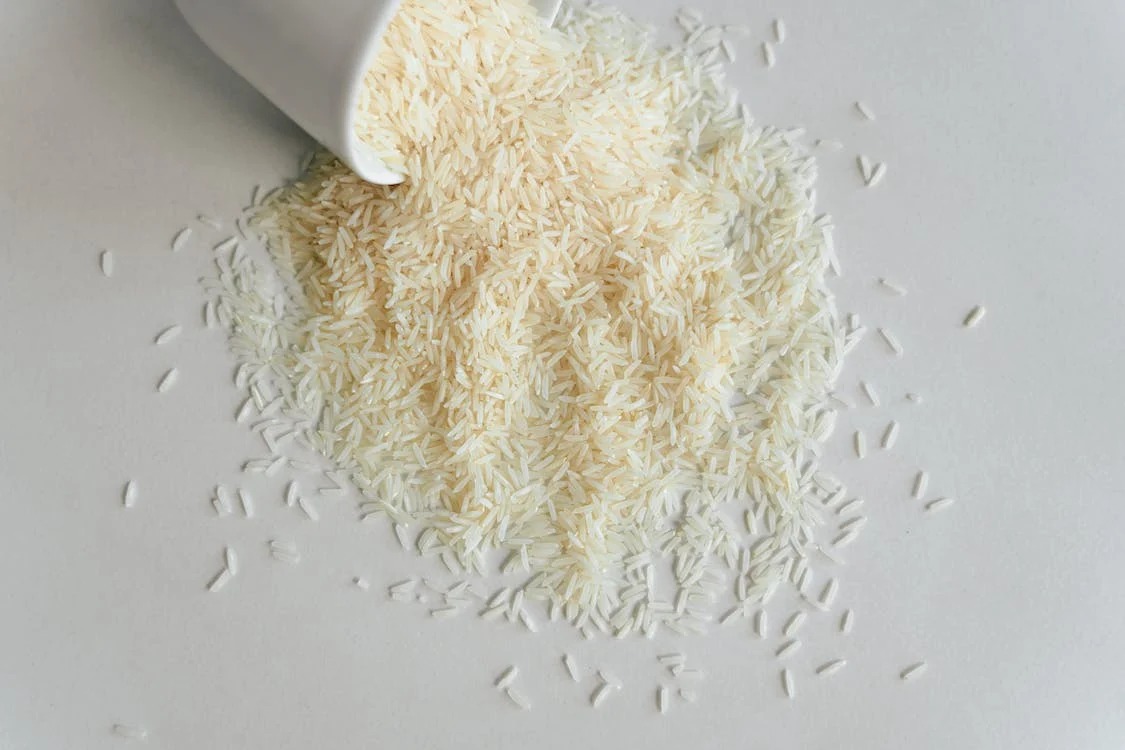The Government of India has recently imposed a ban on exporting non-basmati rice due to worries about its domestic production. This decision could affect up to 80 percent of India’s rice exports.
Around 10 months ago, India had already put a ban on exporting broken rice and had imposed a tax on non-basmati and non-parboiled rice shipments. Despite these measures, India managed to ship enough rice to break its own export record, reaching 22.5 million metric tons. A week ago, the USDA (United States Department of Agriculture) predicted that Indian rice exports would increase even further in 2023-24, reaching a record 23 million metric tons, indicating excess rice supplies within the country. However, the Indian government believes there is an issue with domestic rice prices and has implemented this ban to control the situation.
The reason behind this radical ban is that the monsoon season’s uneven rainfall has impacted the planting of the kharif crop, leading to a rise in domestic rice and commodity prices. The government claims that this measure is necessary to keep rice prices stable in the country. However, critics argue that India has abundant rice stocks, both in government reserves and private storage, and that there is no real need for restricting exports.
This is not the first time India has taken such action. The last time a ban like this was imposed was in 2007 and again in 2008, resulting in a surge in global rice prices and worsening food insecurity for countries reliant on rice imports.
Some international voices, like Bobby Hanks, a Louisiana rice miller and chair of the USA Rice International Trade Policy Committee, accuse India of playing games with global food security. They believe that India is using concerns over domestic supplies as an excuse while maintaining huge stocks to manipulate the market. This kind of behavior, they argue, contributes to food insecurity in other nations.
Kirk Satterfield, a Mississippi rice farmer and chair of USA Rice, also expressed frustration with India’s actions. He called on the Biden Administration to take action and request consultations through the World Trade Organization (WTO) to address this issue.
India has said it may consider government-to-government arrangements for rice exports to address food security concerns. However, critics argue that such a move could potentially give India too much control over the fate of developing countries reliant on rice imports, creating an uneven balance of power in global trade.
In conclusion, India’s ban on non-basmati rice exports has raised concerns about global food security and the potential impact on rice-importing countries. The situation has sparked debates about India’s motives and practices in the international rice market.



